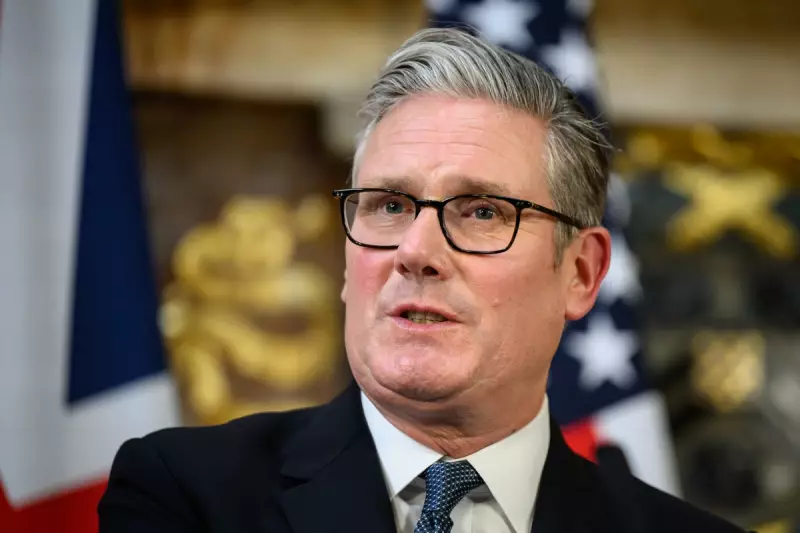
In a significant foreign policy declaration, Labour leader Sir Keir Starmer has announced his support for the recognition of a Palestinian state as part of a renewed peace process, signalling a potential shift in the UK's approach to the Middle East conflict.
The Labour leader made his position clear during a detailed interview, emphasising that Palestinian statehood should not be relegated to the final stage of negotiations but rather form an integral part of a workable two-state solution.
A Strategic Shift in Foreign Policy
Sir Keir's comments represent a notable development in UK political discourse on the Israeli-Palestinian conflict. He articulated that recognising Palestinian statehood would strengthen rather than hinder peace efforts, providing a foundation for meaningful negotiations.
"We need a viable Palestinian state alongside a safe and secure Israel," Starmer stated, highlighting the importance of both nations' right to security and self-determination.
Political Implications and Reactions
The Labour leader's position places him at odds with some traditional approaches that have treated state recognition as an end-point rather than a component of peace talks. This stance has already generated considerable discussion within political circles, with some viewing it as a bold move toward a more balanced Middle East policy.
Political analysts suggest this position could distinguish Labour's foreign policy from the current government's approach, potentially appealing to voters seeking a fresh perspective on international relations.
The Path Forward
Starmer emphasised that his support for Palestinian recognition comes with expectations for both sides, including commitments to security arrangements and democratic governance. He stressed the importance of international cooperation in facilitating a lasting peace agreement.
The Labour leader's comments come amid ongoing violence in the region and increasing international concern about the prospects for a sustainable resolution to the decades-long conflict.
This declaration positions Starmer as willing to engage with one of the world's most complex diplomatic challenges, potentially setting the stage for a significant evolution in UK foreign policy should Labour form the next government.





